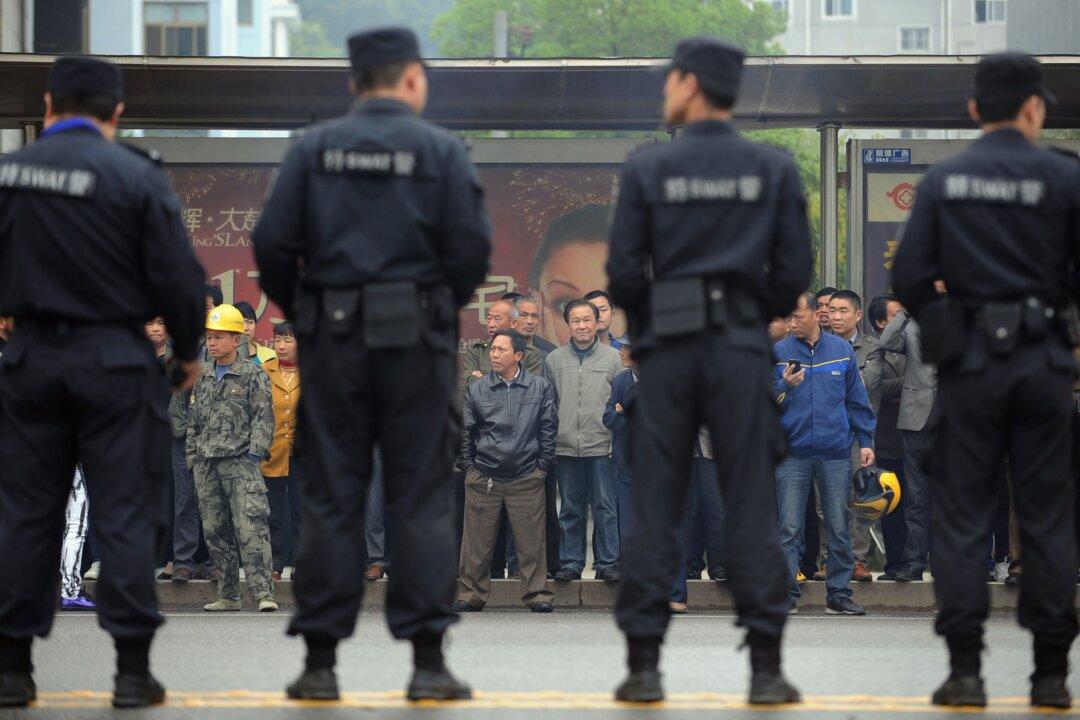The Trump administration denounced the Chinese Communist Party’s (CCP’s) use of “political correctness” against American businesses and U.S. citizens, in a May 5 statement from the White House press secretary.
“President Donald J. Trump ran against political correctness in the United States,” it states. “He will stand up for Americans resisting efforts by the Chinese Communist Party to impose Chinese political correctness on American companies and citizens.”





